W Macau Brings A New Take On Contemporary Luxury And Local Heritage

Macau, now the playground of well-heeled Mainland Chinese high-rollers, recently saw the latest addition to its already substantial list of five-star hotel chain offerings. But maybe the question should be whether the city needs another luxury property in an already vast sea of glitz and glam? Well, it might not need any new and fusty hotel, but it most likely needs the contemporary flavoured W Macau. Why? From themed city hotels to gilt-edged bling, the city has in creative ways—indicative of travel trends formed in past decades—come up with hospitality offerings that appeal to wanderlust travellers. But with W Macau, there is less over-the-top-ness and more of a sense of to-the-moment luxury stylised by Marriott’s in-house design team.
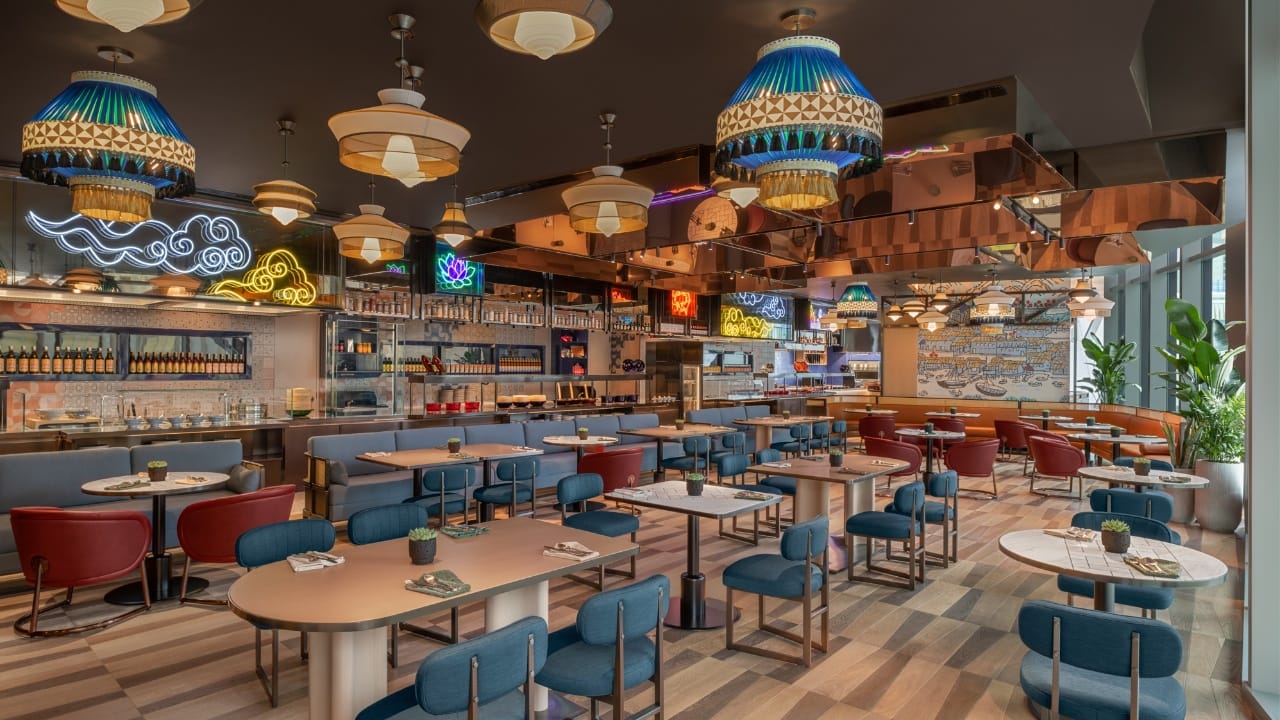
Designed by Zaha Hadid Architects, W Macau is part of the Studio City complex (and includes the family-fuelled Studio City Water Park), one that spotlights the world of film from decades past. After all, it’d be remiss to forget that Macau, along with Hong Kong half a century ago, was the exotic Asian counterpart to the Hollywood Hills and big movie studios.
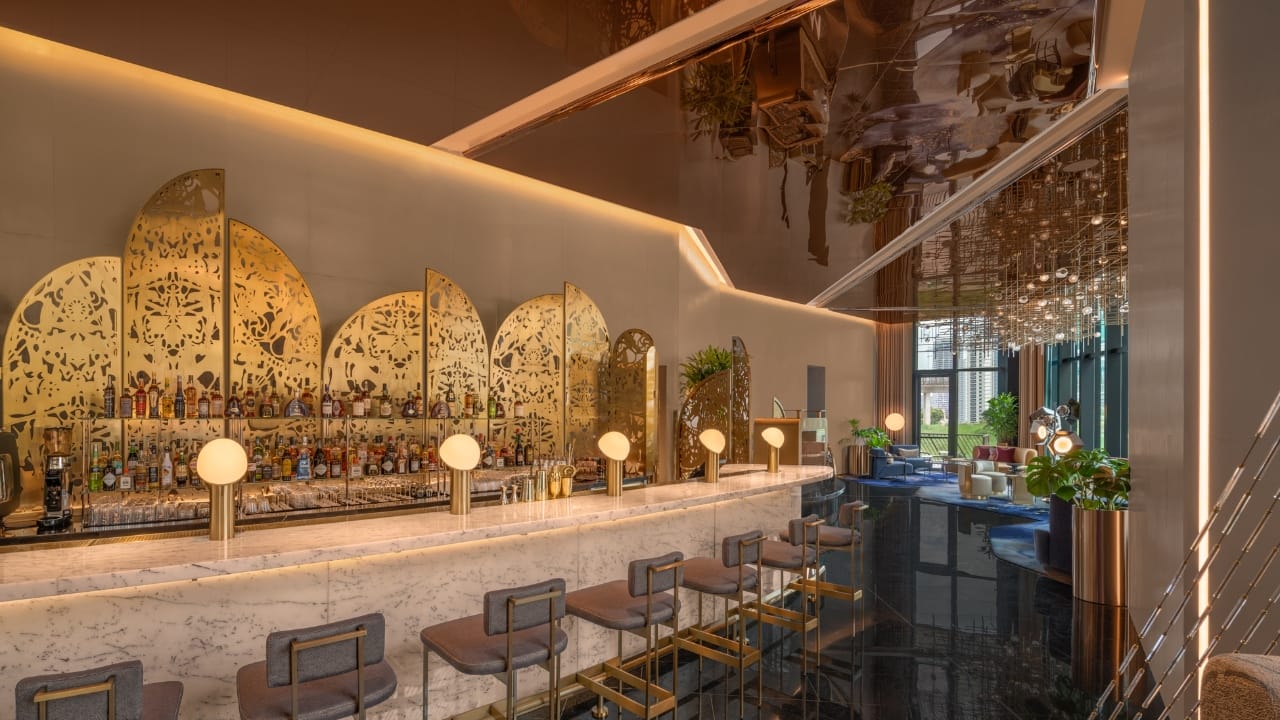
Both thematically and spiritually, the 557-room W Macau is an amalgamation of design elements from the past and the future. The shots of 1950s paparazzi in the lifts being examples. The property is also a sleek showcase of how the W chain has evolved in the past decade or so. The music policy now has a lighter touch. If house tracks can be described as timeless, then the W Macau’s music curator’s ‘It’ list of smooth yet infectious tunes set the scene for a stay that’s no longer about weekend benders —and more about couple-friendly getaways. So, interestingly, there are no nightclub-thumping tracks played in the lobby at 9am these days. Instead, the hotel has taken the party into its inner echelons with its W Sound Suite—a private audio playroom for DJs along with their entourages.

As for guest rooms, W Macau plays up its Asian heritage and global renown. “If you look within our rooms, they are very contemporary. Many of the rooms in the town are (designed in the style of) traditional classic luxury,” says Adrian Chan, general manager, W Macau – Studio City, while adding that the hotel is about “more contemporary looks, catering to a younger clientele. We have 127 suites, which is quite common. There’s the lighter colour and lighter palette, so that also suits a different demographic. We also have contrast in-room offerings as well”.
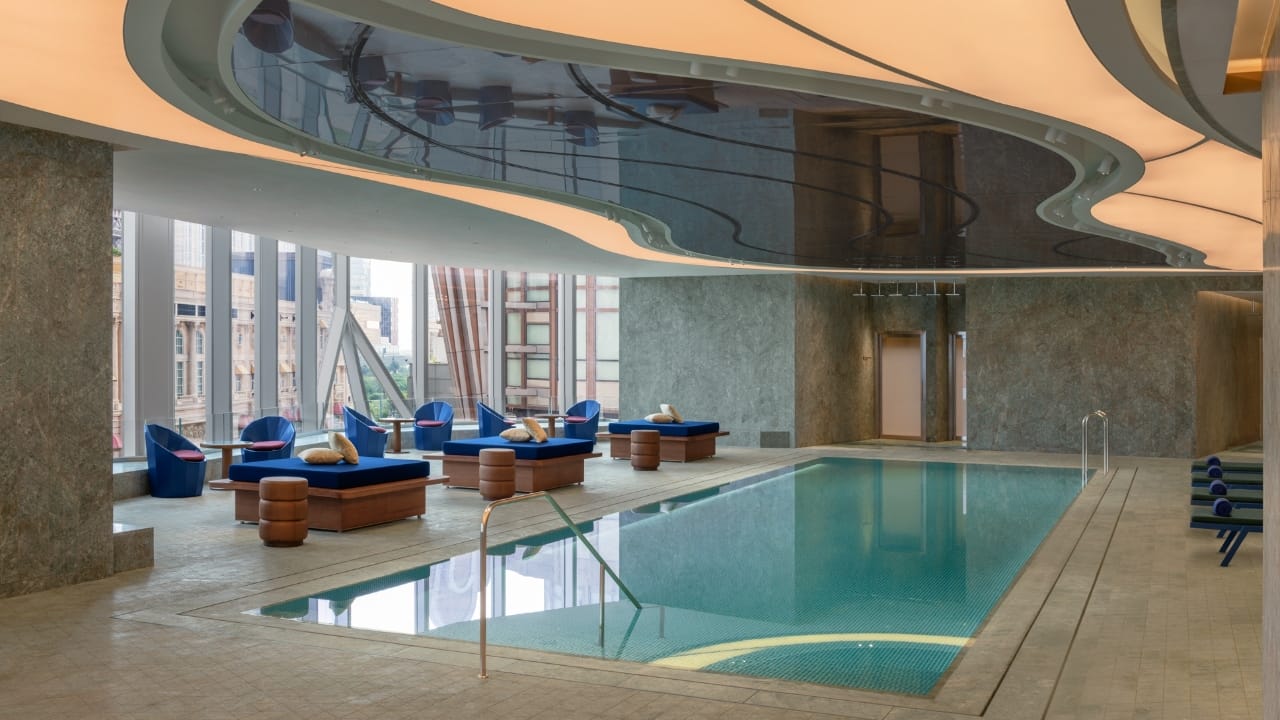
When it comes to bars and restaurants, the top-floor Chinese restaurant Diva “has panoramic views and is connected to our destination bar”, Chan says. The restaurant serves Cantonese food with contemporary twists, prepared with techniques that are perhaps less seen around the region. Meanwhile, Blind Tiger next door strikes the right notes between the city’s colonial past and big city vibes through its moody and broody design as well as its Macanese-inspired cocktails and food.
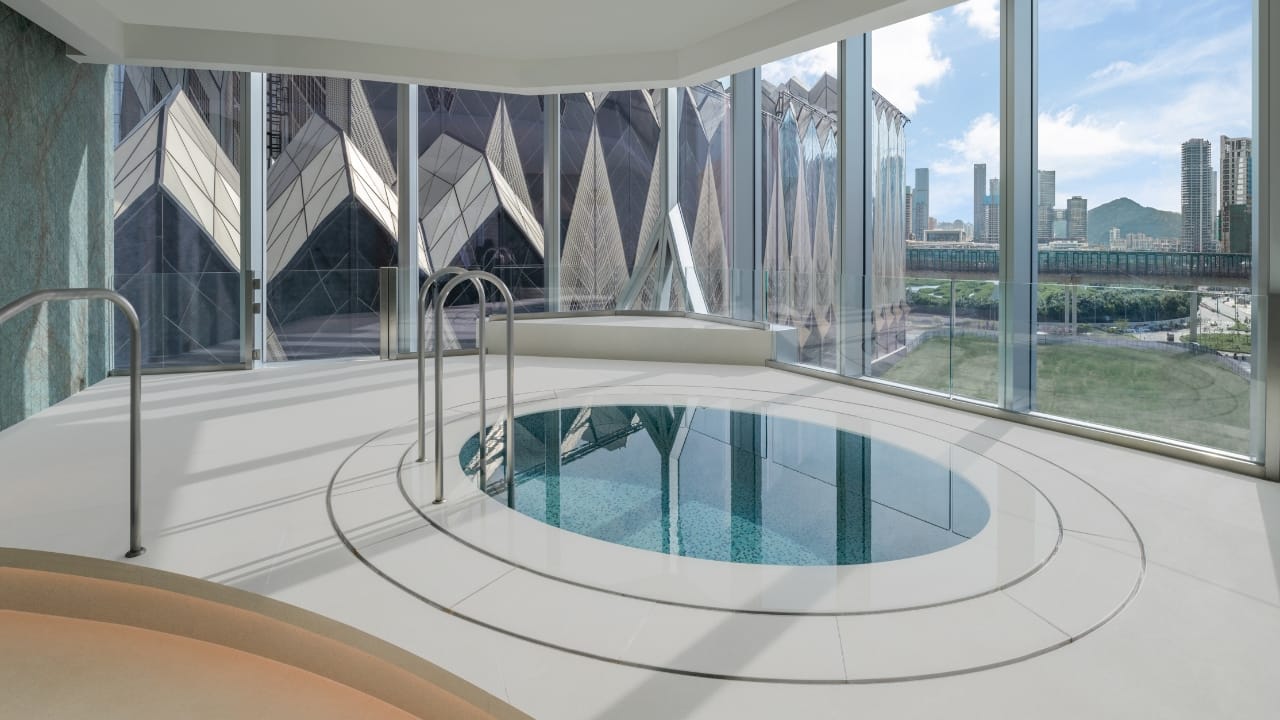
As for Chan’s favourite aspects of W Macau? “I think the sounds and the music we offer are really a neat standpoint. So that’s [a plus] for music enthusiasts,” he says.
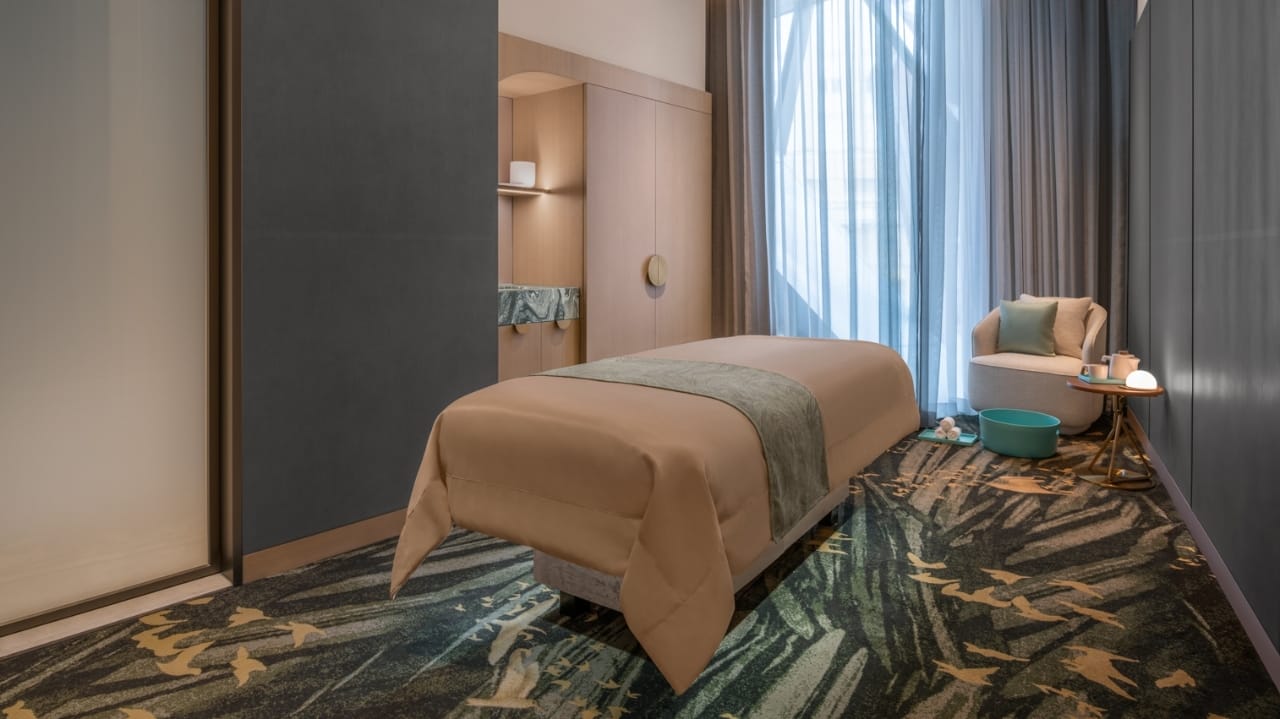
So it could be easily surmised that the current iterations of W Hotels in Macau and around the world now embody the history and the culture of its various locations. This gracious and subtle about-turn of a chain formerly only fixated on the new and the next is possibly reflective of the needs of its guests, some of whom are all grown-up and no longer filled with the immature energy of people with something to prove. “We put histories and stories into the different parts of our hotel, into our menu, and into our interior design,” Chan mentions. And this perhaps has made all the difference.













